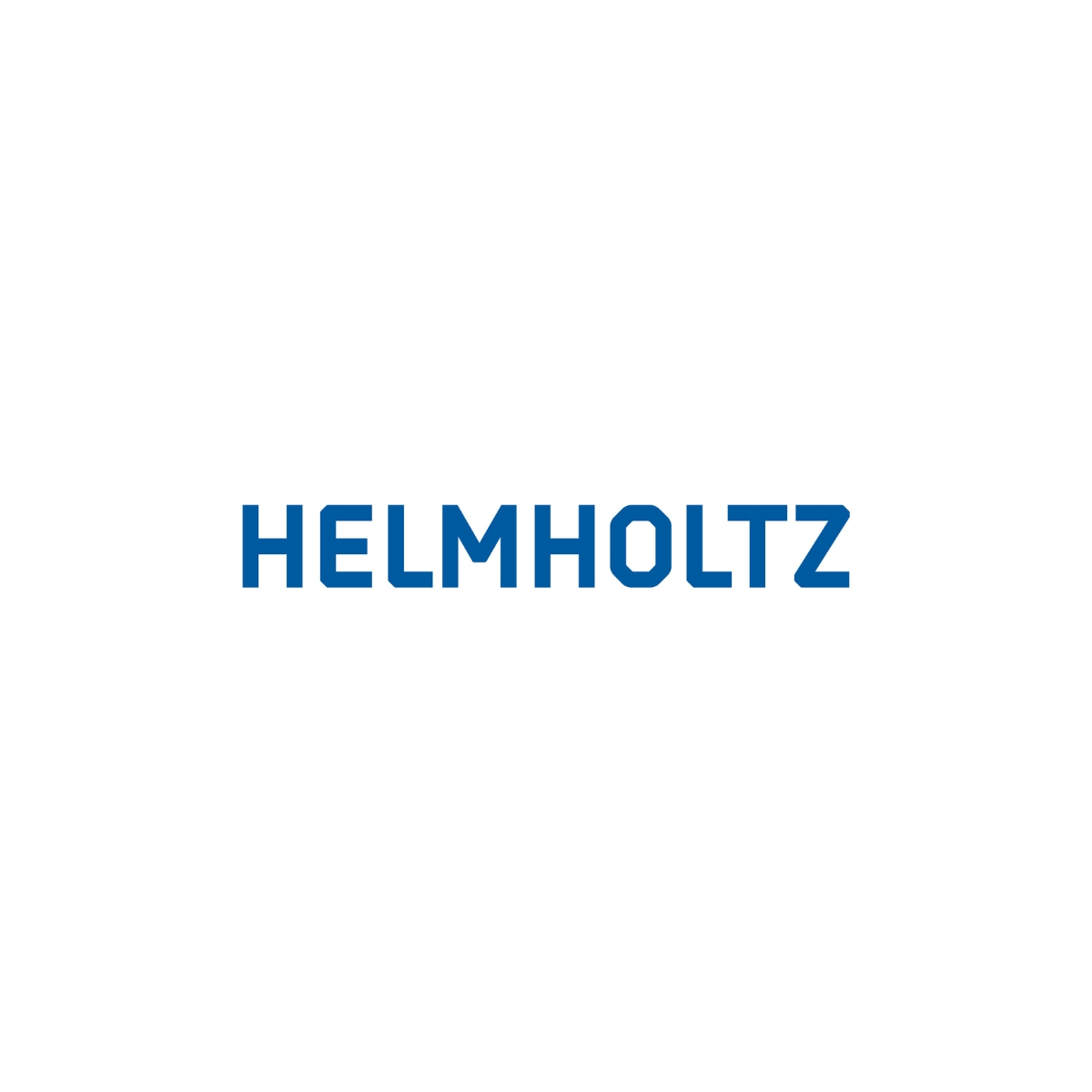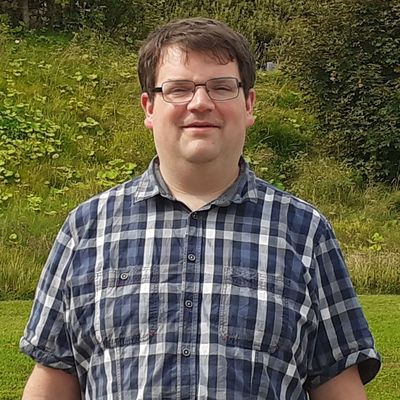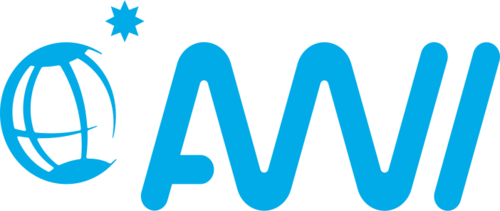The Center for Polar and Marine Research within the Helmholtz Association: The Alfred Wegener Institute combines interdisciplinary research with cutting-edge technology to understand the impacts of climate change and develop sustainable solutions for protecting oceans, polar regions, and global ecosystems.
Through the HIDA mobility program, talented data scientists have the opportunity to contribute to cutting-edge polar and marine research at the Alfred-Wegener-Institute in Bremerhaven. As a Helmholtz Centre for Polar and Marine Research, AWI explores the Arctic, Antarctic, and the coastal and marine regions of the temperate latitudes – spanning everything from atmospheric processes to the deep sea, from permafrost landscapes to microbial life in the shelf seas.

About the Helmholtz Association
The Helmholtz Association
The Helmholtz Association is Germany’s largest scientific organization. Our cross-cutting research programs connect the 18 Helmholtz research centers.
Each center has its own scientific focus areas and infrastructures. The research is thematically structured into six fields:
- Energy
- Earth & Enviroment
- Health
- Information
- Aeronautics, Space & Transport
- Matter
The Alfred Wegener Institute (AWI) is one of the leading polar and marine research institutes in Germany and is internationally recognised for its expertise in climate, environmental and biodiversity research. Using cutting-edge technology, the AWI investigates the effects of climate change on the oceans, polar regions and ecosystems. The AWI's scientists have access to an exceptional research infrastructure, including specialised research vessels, aircraft and stations. Among the best known are the icebreaker Polarstern and the Neumayer Station in the Antarctic. The AWI's goal is to comprehensively research the complex interactions between climate, geology and biology in the polar regions and in temperate latitudes.
Research priorities:
- Polar research and climate change
- Marine ecosystems and biodiversity
- Oceanography and sea ice dynamics
- Geoscientific processes in the polar regions
- Atmospheric research in polar latitudes
- Development of sustainable technologies for environmental and climate protection
- Digitalisation and data science in climate research

The sites
The sites
The Alfred Wegener Institute’s main site is located in Bremerhaven.
In addition, the institute operates several other locations across Germany:
- Potsdam
- Helgoland
- List (on the island of Sylt)
- Oldenburg
To support research in remote and extreme environments, AWI also maintains a range of specialized infrastructures. These include several research stations, some of which are operated in collaboration with international partner institutes:
- Neumayer Station III (Antarctica)
- Kohnen Station (Antarctica)
- AWIPEV Arctic Research Base (Svalbard)
AWI's expertise in the field of Data Science and AI
AWI uses state-of-the-art AI technologies to analyse complex geophysical and biological systems. Interdisciplinary teams work closely together to develop new approaches to modelling and predicting climatic changes.
By using powerful AI models and big data analyses, they gain deeper insights into the interactions between the atmosphere, oceans and biosphere and develop innovative methods to support scientific and political decision-making processes.
- AI-supported analysis of satellite and climate data
- Automated pattern recognition in oceanographic and meteorological data
- Deep learning for more precise climate forecasts
- Development and application of simulation models for polar research
- Multimodal data integration for better assessment of environmental changes
With over 1,300 employees, AWI is the leading institution for polar and marine research in Germany.
Application
Would you like to conduct research and work at AWI. Then apply now for the HIDA Mobility Program!
Please contact your potential supervisor by email before applying to propose and discuss a research project. Only submit your application after this has been clarified.
You can find more information about the application requirements here.
Note for external applicants:
If you have any questions about application formalities or organizational procedures, please contact your home institution directly.
The Hosts at AWI
Get to know some of the hosts at AWI and learn more about their respective research based on data science.
Please note: The listed hosts represent only a selection of possible supervisors.
You are also welcome to independently contact other potential hosts at the center and coordinate your participation in the HIDA Mobility Program directly with them.
If you have any questions, please send an email to: hida@helmholtz.de
Are you interested in becoming a Helmholtz host yourself and looking for support for your research project?
Then please also contact the above-mentioned email address.

Sebastian Primpke
Shelf Sea System Ecology
Contacts

Alfred Wegener Institute, Helmholtz Centre for Polar and Marine Research - Shelf Sea Systems Ecology
Short summary of your group's research: In the working group we work on analytical techniques for the determination of micro- and nanoplastics using chemometric approaches. Data analysis is mainly performed on hyperspectral FTIR and Raman images which are targeted by various chemometric approaches. In general, these approaches are linked to the environment by research cruises, projects and meta analyses.
What infrastructure, programs and tools are used in your group? We have several spectroscopic imaging instruments (FTIR / Raman) available, a selection of dedicated computers designed for data analysis. We are currently using Python and CUDA for data analysis.
What could a participant of the HIDA Mobility Program learn in your group? How could he or she support you in your group? Our group can provide a large material database, instruments and calculation power for the development of chemometric approaches. We can support the guest researcher in the development of their chemometric based analysis ideas and look forward to link these with our existing or planned approaches in form of for example future research proposals with the guest researcher.

A. Murat Eren
Ecosystem Data Science Group
Contacts

Alfred Wegener Institute, Helmholtz Centre for Polar and Marine Research - Ecosystem Data Science Group
Three-sentence summary of your group's research: Our research program focuses on understanding the ecology and evolution of naturally occurring microbial life using integrated ‘omics strategies and laboratory experiments. Our group aims to develop new computational approaches and create advanced software platforms that intend to generate hypotheses from complex environmental data to bring us closer to explain mechanisms by which microbes interact with their surroundings, evolve, disperse, and initiate or adapt to environmental change. We are environment agnostic as microbial ecology and evolution happens everywhere, thus, our recent work ranges from the human gastrointestinal tract and oral cavity to sewage systems, and insect ovaries. That said, we find marine systems much more intriguing than most other habitats and desire to channel our future efforts to understanding microbial life in sunlit and dark oceans.
What infrastructure, programs and tools are used in your group? Having to work with extremely large and complex 'omics datasets, the initial stages of our data analyses typically rely on high performance computing infrastructures. Although, as we are often much more interested in targeted analyses of subtle phenomena that reveal specific insights for specific questions rather than overall analyses of our data, later stages of our data analyses often rely on R and/or Python programs and interactive visualization solutions.
Our group includes many of the key developers of anvi'o (https://anvio.org/), a comprehensive open-source software platform that brings together many aspects of today’s cutting-edge computational strategies of data-enabled microbiology, including genomics, metagenomics, metatranscriptomics, pangenomics, metapangenomics, phylogenomics, and microbial population genetics in an integrated and easy-to-use fashion through extensive interactive visualization capabilities.
Anvi'o stands on more than 200,000 lines of Python and JavaScript code that follow modern software development paradigms thanks to the voluntary contributions of more than 30 developers from the academia and industry to empower microbiologists for their complex needs through an architecture that enables reproducible science and simple interfaces for data access.
What could a guest researcher learn in your group? How could he or she support you in your group? Our group can help addressing novel questions through complex 'omics datasets and ad hoc software development, support others with insights from integrated 'omics strategies, and collaborate on integrating software solutions into the anvi'o software ecosystem to make them available to the broader community of life scientists.



